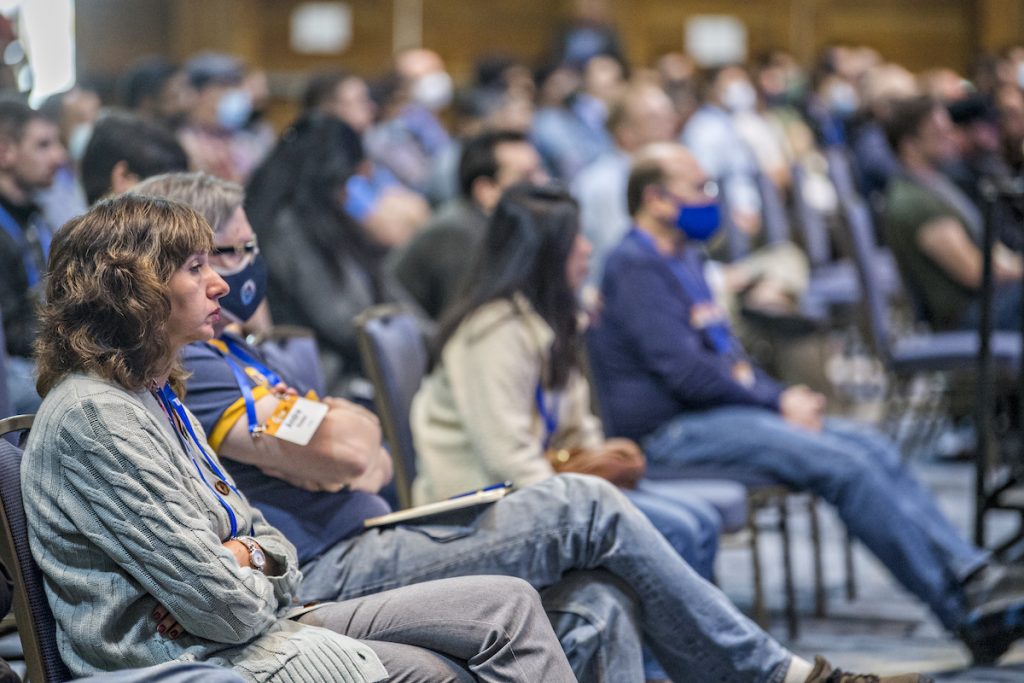C++20 Ranges Algorithms - sorting, sets, other and C++23 updates--Bartlomiej Filipek
 The series continue.
The series continue.
C++20 Ranges Algorithms - sorting, sets, other and C++23 updates
by Bartlomiej Filipek
From the article:
This article is the third and the last one in the mini-series about ranges algorithms. We’ll look at some sorting, searching, and remaining algorithms. We’ll also have a glimpse of cool C++23 improvements in this area.
Let’s go...

 Registration is now open for CppCon 2022, which starts on September 11 and will again be held
Registration is now open for CppCon 2022, which starts on September 11 and will again be held  A CppCon 2022 talk has been announced:
A CppCon 2022 talk has been announced: In just 60 days,
In just 60 days,  Registration is now open for CppCon 2022, which starts on September 11 and will again be held
Registration is now open for CppCon 2022, which starts on September 11 and will again be held  The new Overload is out.
The new Overload is out. Registration is now open for CppCon 2022, which starts on September 11 and will again be held
Registration is now open for CppCon 2022, which starts on September 11 and will again be held